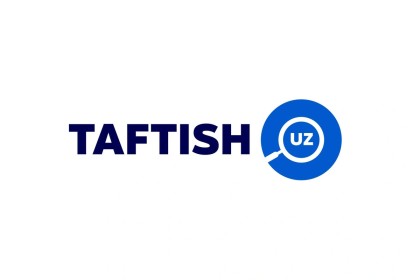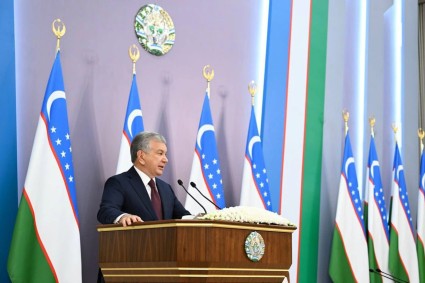Equipment was brought as part of Japan's SATREPS-2020 program for research on the cultivation of drought-resistant plants in the Aral region.
The equipment specified in the contract is being brought and installed in the designated areas of the country as part of the 5 million US dollar grant project, which was attracted by the researchers of Tottori University of Uzbekistan under the SATREPS program of Japan.
According to the Ministry of Higher Education, Science and Innovation, this grant project financed by the Japanese government stipulates the provision by Japan the material and resources base and is aimed at developing new technologies for monitoring and controlling the use of water resources to combat soil salinization, increase land productivity and food security in the Aral Bay region,.
The equipment brought to date is designed to analyze soil salt content, and water content, water quality control, geoinformation system data and meteorological observations. Station experiments provide valuable information on which halophytes absorb protein and salt for how long.
As part of the program, until the end of 2023, Japan will bring 300,000 US dollar worth of equipment to remote survey drones, innovative weather stations that analyze climate change and air humidity, and devices that determine the balance and quality of river water and install them in designated areas of the country.














